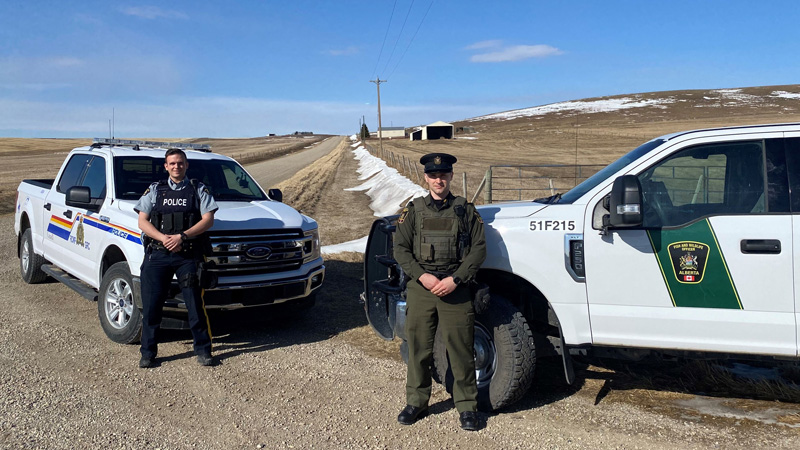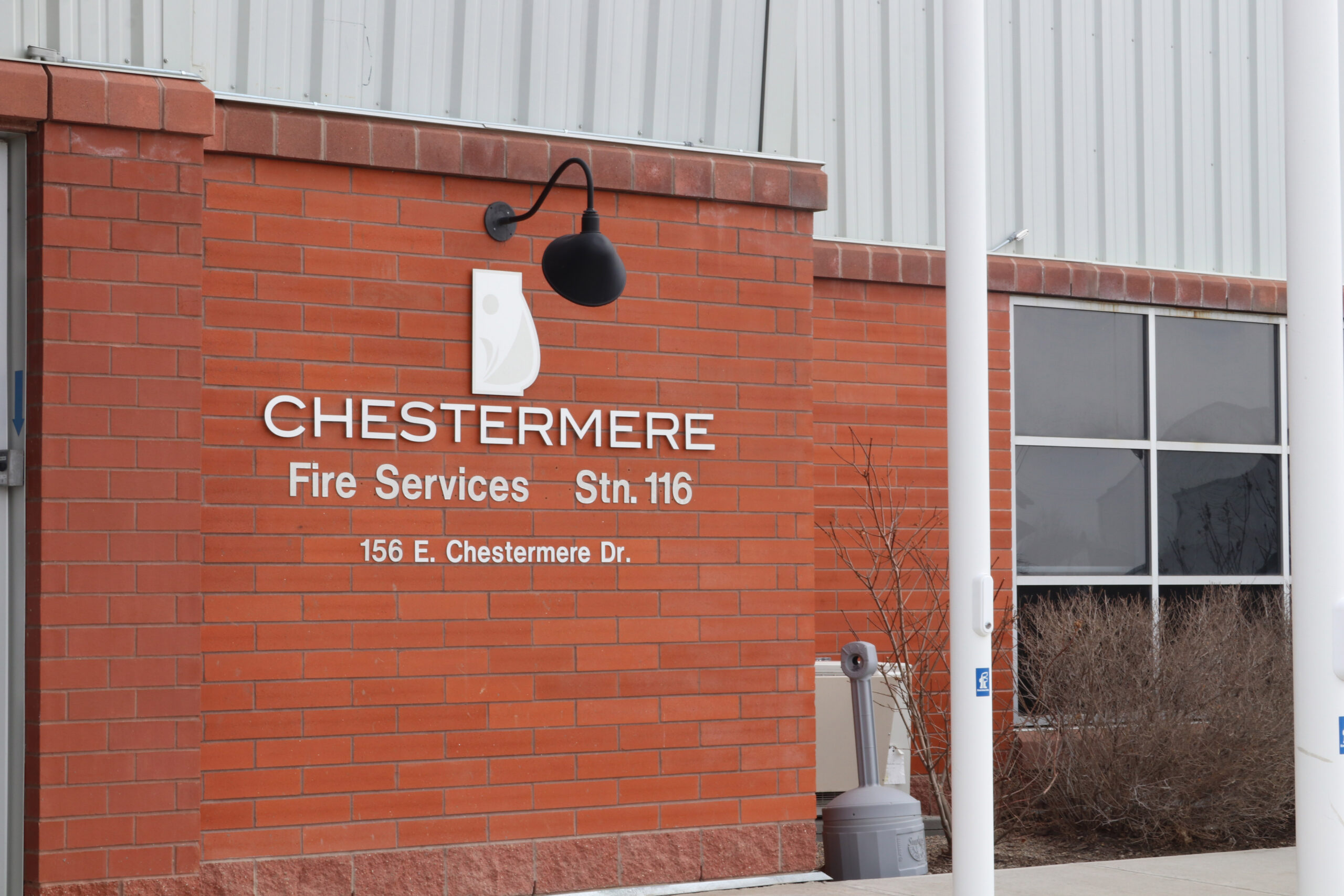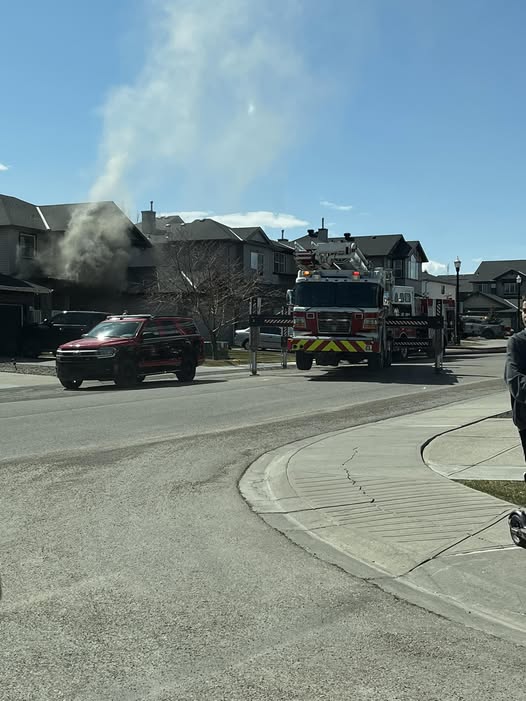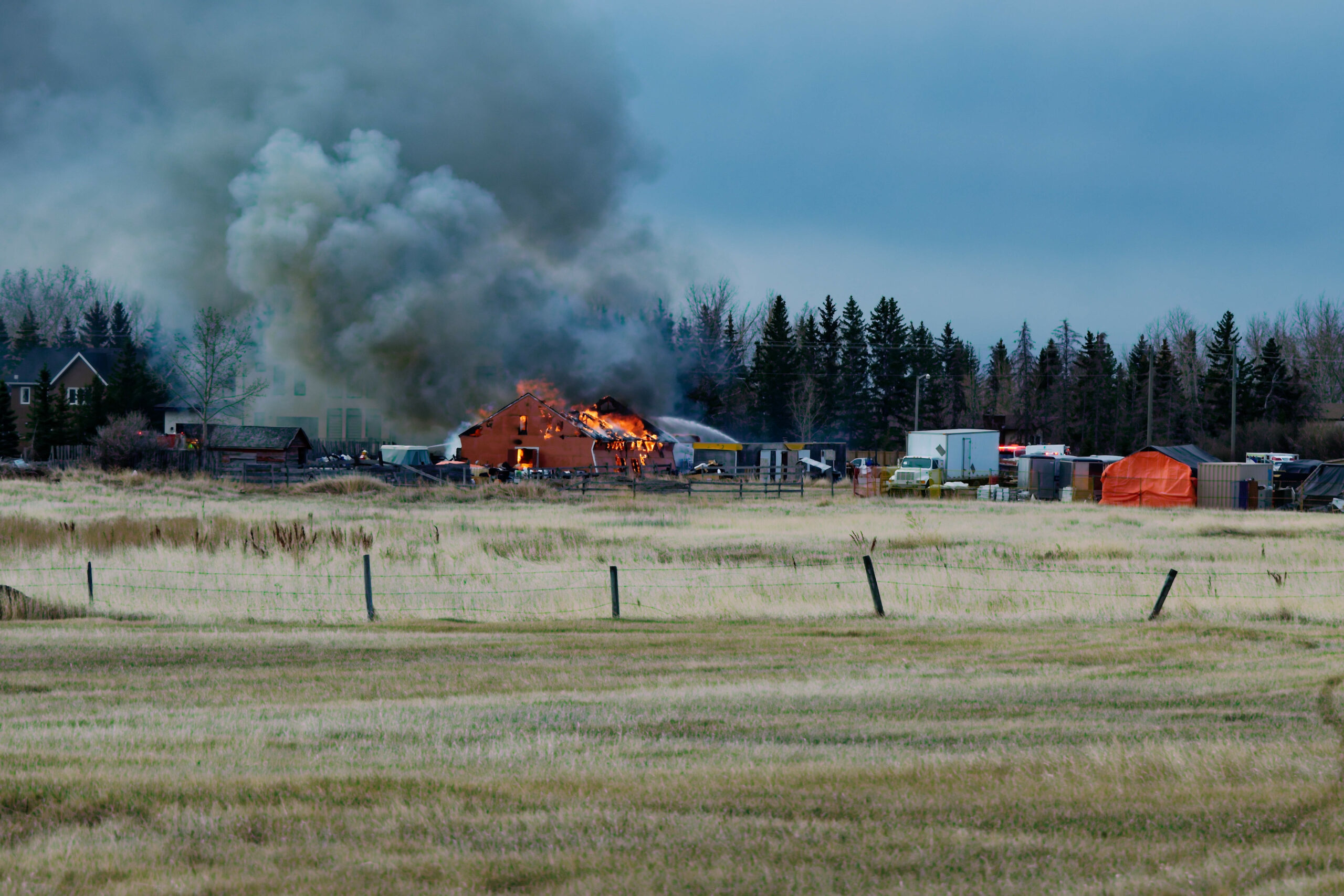The Rural Alberta Provincial Integrated Defence (RAPID) Response initiative launch on April 1 and put 140 additional peace officers on guard for rural Albertans when they require help.
As part of the RAPID Response, Alberta Fish and wildlife officers can now help the RCMP answer emergency and high-priority calls when requested.
“Rural Albertans told us loud and clear that it can take too long for help to arrive in their communities. With RAPID Response, highly trained and professional peace officers will work across rural Alberta to answer the call when police need help to save precious minutes in an emergency,” said the Minister of Justice and Solicitor General, Kaycee Madu.
RAPID Response will help authorities arrive at the scene of an emergency more quickly by giving peace officers and the Alberta Sheriffs, which includes Fish and Wildlife Enforcement Services, the ability to respond to a wider range of calls.
Under RAPID Response, fish and wildlife officers are able to respond to requests from the RCMP to be first at the scene of an emergency in cases where they are closer than the police. Fish and wildlife officers will also respond to RCMP requests for backup, which could involve helping the police locate suspects or preserve a crime scene.
Communications officers at the Alberta Sheriffs dispatch centre will ensure there is a reliable link with the RCMP when the two agencies respond to an incident together.
Preparations are also underway for members of the Sheriff Highway Patrol to perform RAPID Response functions later this year, as approximately 260 traffic sheriffs are being trained to investigate a wider range of calls, including impaired driving.
Giving traffic sheriffs the authority to handle more incidents on provincial highways will allow the RCMP to leave the scene with officers on patrol and be available to respond to higher-priority criminal matters.
RAPID Response currently covers most areas of rural Alberta policed by the RCMP.
The provincial government is also holding a series of meetings with First Nations and Métis leaders to determine their interest and earn their support before expanding RAPID Response to their communities.










